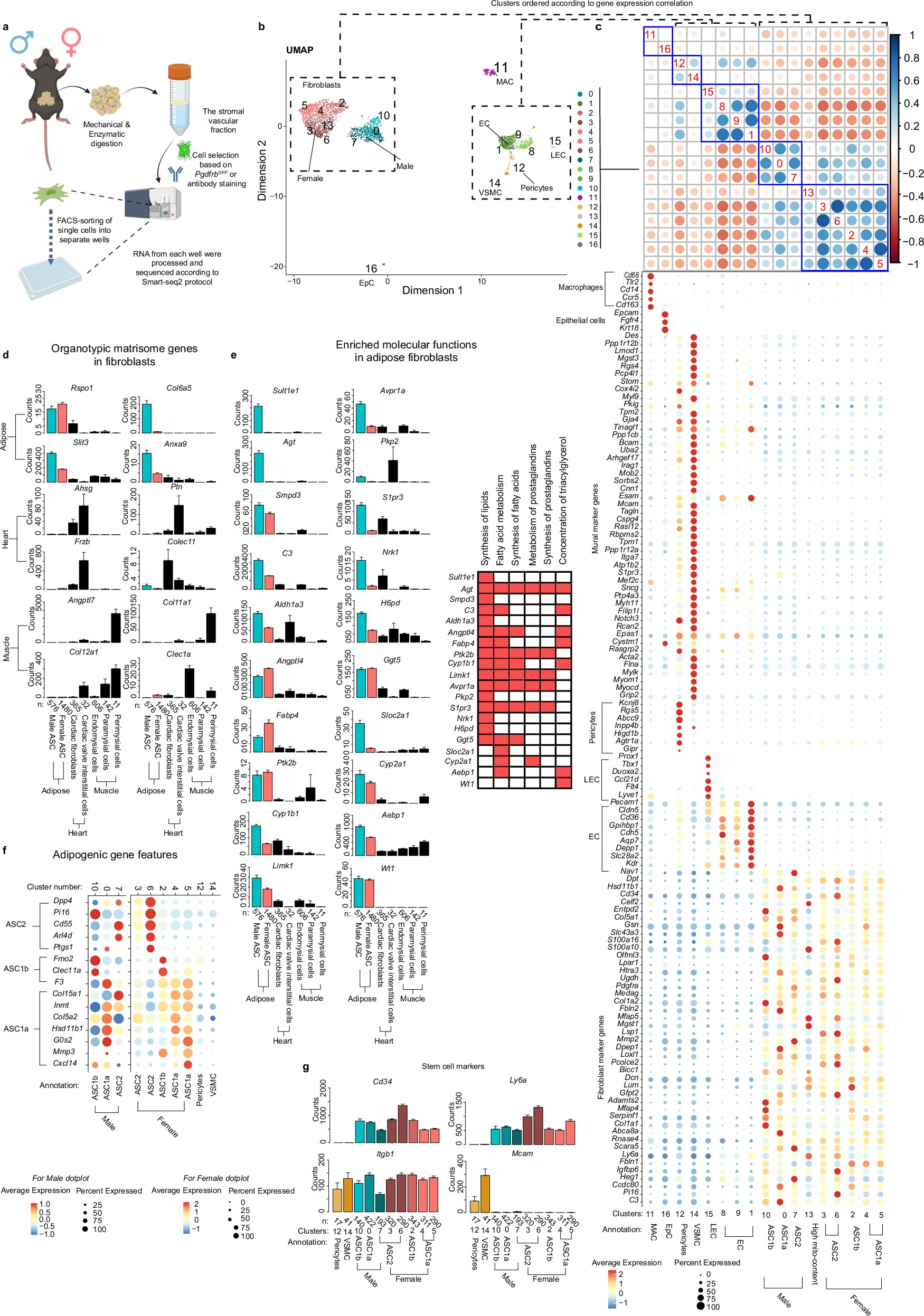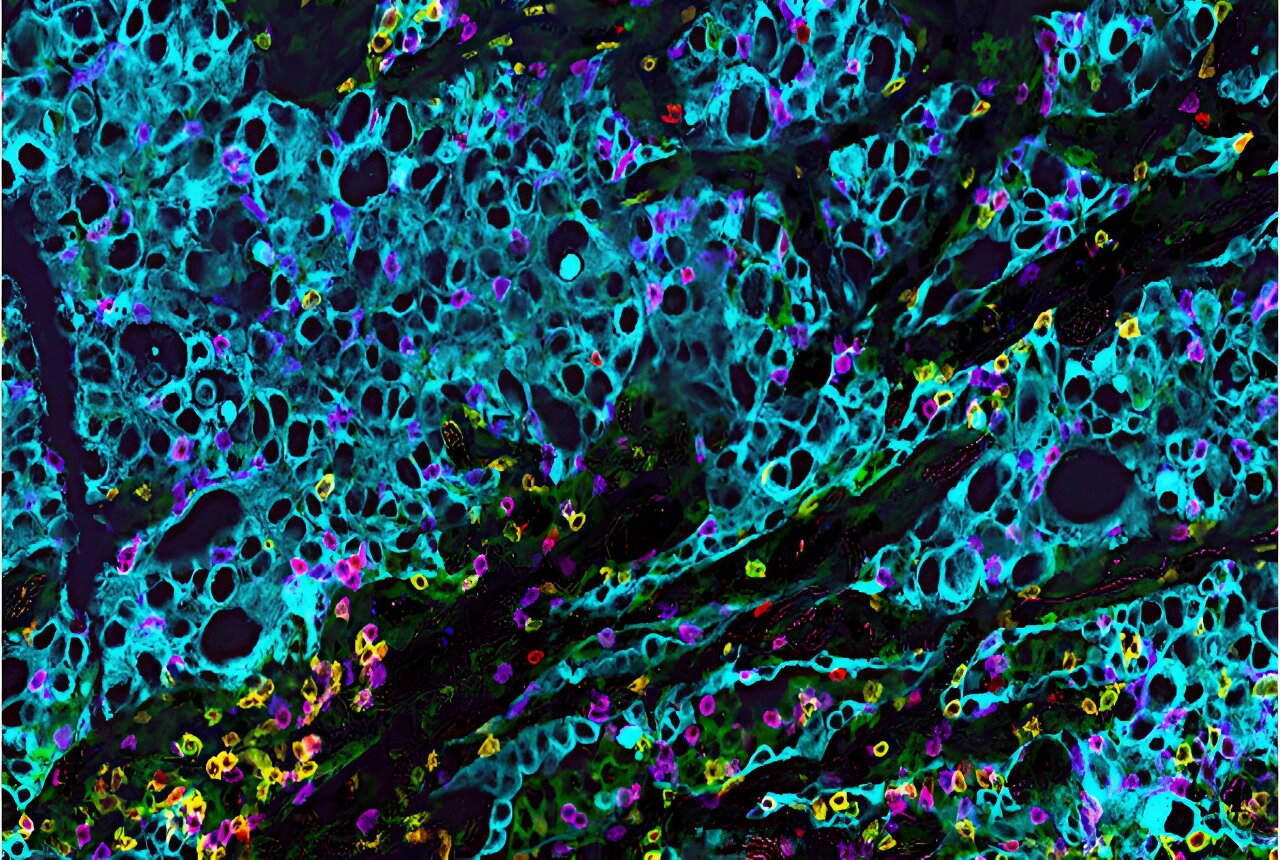
A new study from the University of Eastern Finland (UEF) uncovers how early lifestyle changes can have long-lasting impacts. A diet and physical activity intervention in childhood and adolescence was found to profoundly influence metabolism even years later.
The Physical Activity and Nutrition in Children (PANIC) study is the first lifestyle intervention study using advanced liquid chromatography-mass spectrometry (LC-MS) metabolomics technology to analyze molecular mechanisms underlying the health effects of lifestyle changes from childhood to adolescence.
By analyzing blood samples, the researchers were able to identify changes in 80 metabolites. “These were metabolites linked to critical processes for the development of cardiometabolic diseases, such as lipid metabolism, inflammation, and gut health,” says Postdoctoral Researcher Iman Zarei. The study is published in iScience.
What makes the findings particularly important is that 17 of these metabolites remained altered even after eight years, although the most intensive part of the lifestyle intervention only lasted for the first two years. This suggests that an early intervention might not just have immediate benefits but also longer-lasting health effects.
Some of the most notable changes were in fatty amides, molecules involved in a variety of physiological functions such as inflammation, weight control, eating behavior, sleep induction, pain and anxiety control, angiogenesis, arterial dilation and neuroprotection. Such changes may be linked to a lower risk of several chronic diseases such as type 2 diabetes and cardiovascular diseases.
“Our research provides compelling evidence that early and sustained lifestyle changes can have a profound impact on a child’s health trajectory,” says Professor Timo Lakka, the lead researcher of the study. He emphasizes the importance of starting healthy habits early, noting that these changes could prevent the onset of chronic diseases that often begin to develop in childhood or even over the fetal period.
The study is one of the first to demonstrate how beneficial changes in diet and physical activity in childhood can affect the body’s metabolism even in the long term.
The PANIC study is part of the Metabolic Diseases Research Community at UEF and is dedicated to investigating major cardiometabolic diseases. By leveraging genetics, genomics, translational research, and lifestyle interventions, the community aims to provide robust evidence on disease mechanisms and advance early diagnosis, prevention, and personalized treatment. The research community consists of 20 research groups, spanning basic research to patient care.
More information:
Iman Zarei et al, Eight-year diet and physical activity intervention affects serum metabolites during childhood and adolescence: A nonrandomized controlled trial, iScience (2024). DOI: 10.1016/j.isci.2024.110295
Citation:
Lifestyle intervention from childhood to adolescence affects metabolism even years later, finds study (2024, September 12)
retrieved 13 September 2024
from https://medicalxpress.com/news/2024-09-lifestyle-intervention-childhood-adolescence-affects.html
This document is subject to copyright. Apart from any fair dealing for the purpose of private study or research, no
part may be reproduced without the written permission. The content is provided for information purposes only.



